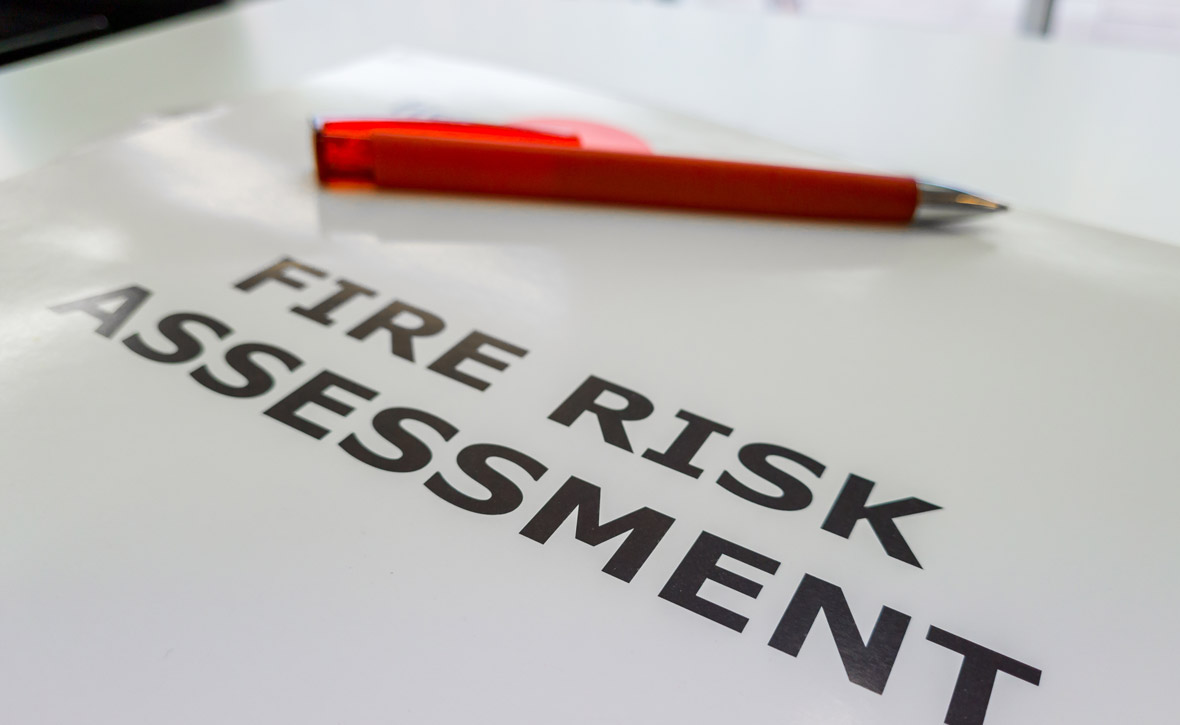May 13, 2024
Building Safety Regulator Clarifies Design Requirements
From our colleagues at Barbour EHS.
The Building Safety Regulator (BSR) has been urged to provide more clarity on the design requirements for project approval of higher-risk buildings.
According to Construction Management, the Association for Project Safety (APS), which represents almost 4,000 design risk professionals, made the call after the BSR said that completed designs for high-rise residential buildings will not always be required for Building Control approval at Gateway 2. The BSR must approve the designs of higher-risk buildings before construction work can start.
During a BSR webinar in January, Neil Hope-Collins, operational policy lead for higher-risk building control authority at the BSR, said: “There will legitimately be parts of the design where it is not reasonable to expect the full detail at the outset. There are bits that you legitimately cannot have the detail for yet because that’s six years down the line.”
Inconsistent with Hackitt report
Andrew Leslie, head of membership at the APS, said the BSR’s position appeared to deviate from its previous messaging in the Hackitt report, but it is unclear what this will mean in practice.
Leslie said that, even though the law allows for flexibility, he was concerned by the lack of clarity about which aspects of the design can be left out of a full plans submission, for later consideration.
“The issue for APS is that it appears that the basis of Dame Judith Hackitt’s report and recommendations that full design compliance with building regulations should be appropriately demonstrated before construction begins is just too big a step for the industry to make at present,” he said. “It looks like the government’s intention, as set out in the legislation, is to address this.”
APS president Mark Snelling said the BSR statement differs from the wording in the document Building Control: An overview of the new regime, which states: “The application must contain sufficient information to show how the building, when built, will satisfy all applicable functional requirements.”
Number of types of requirement
Snelling noted that the legislation (Building [Higher-Risk Buildings Procedures) (England) Regulations 2023) permitted the BSR to either reject the higher-risk building control approval application, or, with the written consent of the applicant, grant the building control approval subject to one or more requirements.
Snelling, managing director of Safetymark, said there were several types of requirement that the BSR may impose. These include:
- A requirement to provide a specified plan or document, or a revised version of a specified plan or document, within a specified period.
- A requirement that work does not proceed beyond a specified point until a specified plan or other document, or a revised version of a specified plan or other document, has been given to, and approved by, the regulator.
The BSR says it believes it has been consistent with its messaging regarding the new regime requirements and that there could be details and areas of design that it was not reasonable for a client to provide at the initial point of application.
Need for flexibility with gateways
APS past president Bobby Chakravarthy, partner at Arcus Consulting LLP, said: “Originally the gateways were designed to be clear stops where you need to provide information before you get to the next stage.
“However, the BSR is looking at navigating the process from a practical perspective and the realities of the construction industry, contractual agreements and how it operates. There will have to be flexibility around the Act and the deliverables in a practical world.
“I can see the positives and negatives on both sides of the argument. There are those who say that the regulation has been bought in to cut out this lack of clarity and that there should not be any scope within the process for people to cut corners.
“But equally, I can see where sometimes the practicalities dictate – situations where sometimes information is genuinely not forthcoming, or unavailable and then a conditional approval is given subject to meeting requirements or submitting the information within a certain strict timescale. That’s what happens in the planning process and how planning conditions work – and that all works perfectly fine.
“The reality is nobody has yet been through the gateway process fully. Everyone is still trying to work their way through it and understand what is required to deliver projects in this different way.”
Sam Allwinkle, professor emeritus at Edinburgh Napier University, said the concept of the three gateways was too simplistic.
He explained: “The one-size-fits-all approach is not workable and differs from the reality of project development and is further compounded by the different approaches that can be adopted for design development and project procurement and manufacture, construction and assembly.”
Construction Management
April 2024






